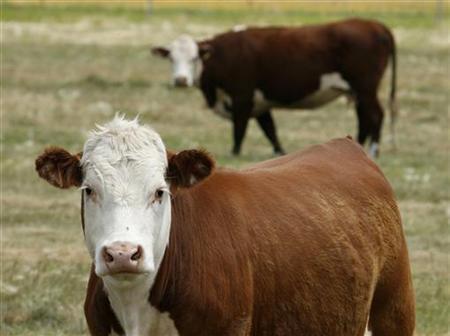
The survey carried out by the Innovation Centre of US Dairy has discovered that some 16.4 million people did not know where chocolate milk came from.
People in the United States are by and large illiterate about agricultural and dairy products and their real sources which means that they do not know where their food is grown.
Heart patients, if married, have higher survival rates: study
Likewise, in the 1990s a research conducted by the Department of Agriculture found out that one in five American adults did not know that their hamburgers are made from beef.
Researchers believe that not much has changed as even today people do not know basic facts about food, agriculture and dairy products.
“At the end of the day, it’s an exposure issue,” said Cecily Upton, co-founder of the nonprofit FoodCorps, which works for agricultural and nutrition education in primary schools. “Right now, we’re conditioned to think that if you need food, you go to the store. Nothing in our educational framework teaches kids where food comes from before that point.”
Journalists' brains operate at a lower level than average: study
Experts say the unawareness is caused by people moving to cities and development which made it possible for food to be transported from far-off areas.
“Indifference about the origins and production of foods became a norm of urban culture, laying the groundwork for a modern food sensibility that would spread all across America in the decades that followed,” writer and historian Ann Vileisis said of the 20th century. “Within a relatively brief period, the average distance from farm to kitchen had grown from a short walk down the garden path to a convoluted, 1,500-mile energy-guzzling journey by rail and truck.”
A research paper of the National Institute of Animal Agriculture blamed consumers for this unawareness. "One factor driving today’s regulatory environment ... is pressure applied by consumers," the authors wrote. “Unfortunately, a majority of today’s consumers are at least three generations removed from agriculture, are not literate about where food comes from and how it is produced,” a few lines from the paper read.
“We still get kids who are surprised that a french fry comes from a potato, or that a pickle is a cucumber. Knowledge is power. Without it, we can’t make informed decisions,” the paper further added.
This article was originally published in The Washington Post



1730854420-0/plaqueboymax-(1)1730854420-0-165x106.webp)













COMMENTS (1)
Comments are moderated and generally will be posted if they are on-topic and not abusive.
For more information, please see our Comments FAQ